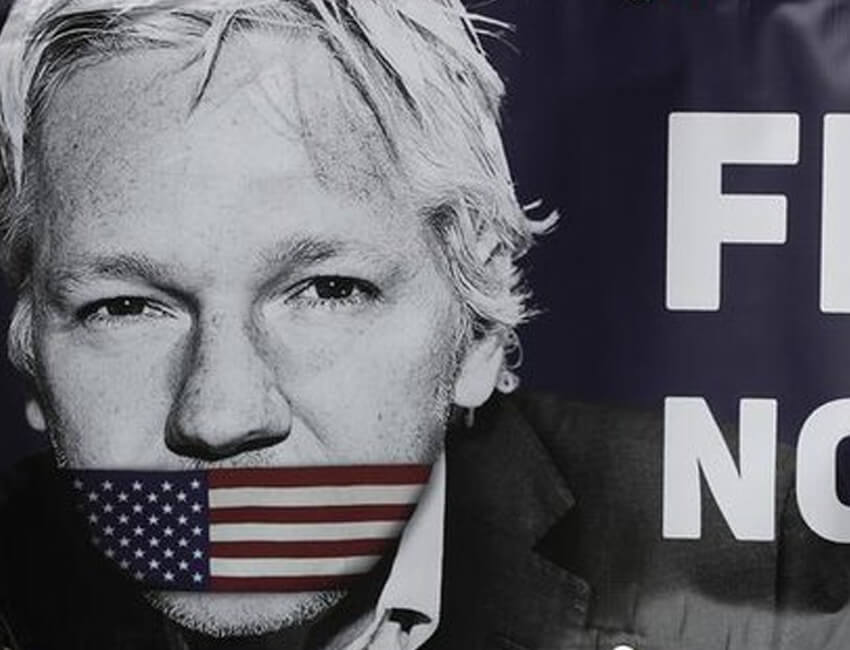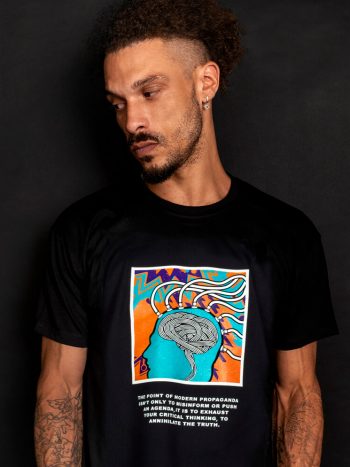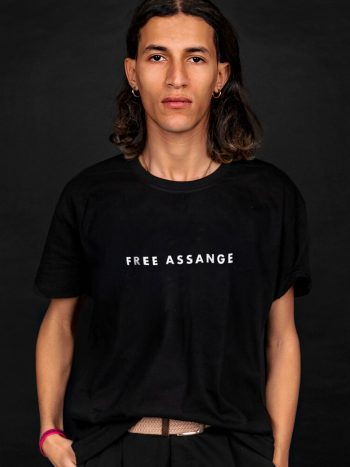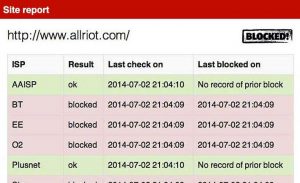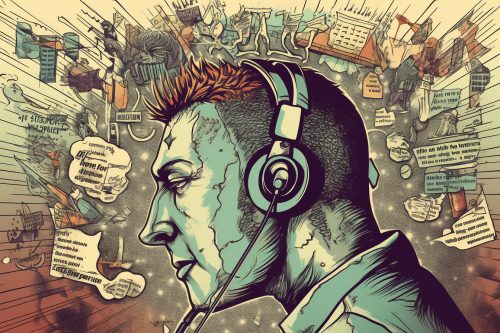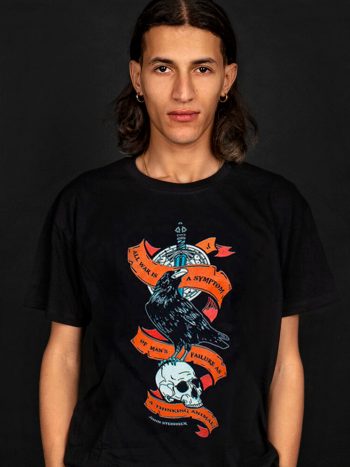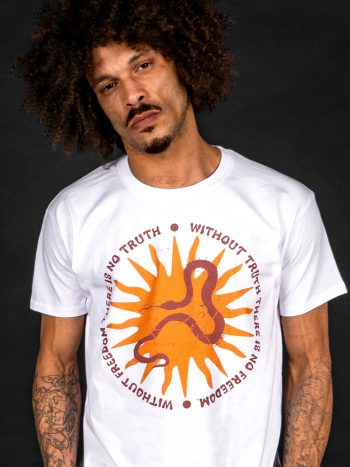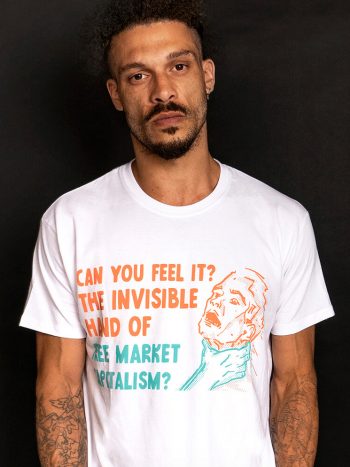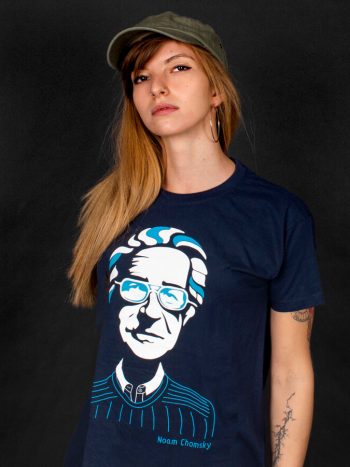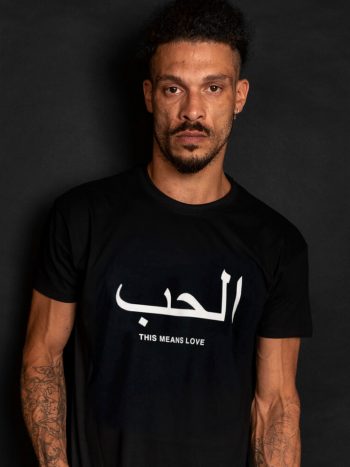Julian Assange, a controversial figure in the realm of journalism and activism, is best known as the founder of WikiLeaks. This article explores Assange’s background, his journey into journalism, and the founding of WikiLeaks, shedding light on his pivotal role in shaping the organisation.
Who is Julian Assange?
Born on July 3, 1971, in Townsville, Australia, Julian Assange’s early life was marked by a nomadic upbringing. He developed a deep interest in computer programming and cryptography, setting the stage for his future endeavours. Assange’s journey into journalism and activism began when he started hacking under the pseudonym “Mendax,” exposing various corporate and government entities.
What is WikiLeaks?
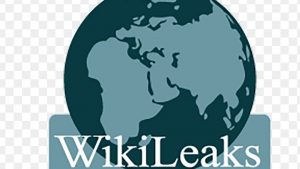
In 2006, Julian Assange founded WikiLeaks with the mission of providing a secure platform for whistleblowers to expose corporate and government misconduct. WikiLeaks quickly gained international attention for its groundbreaking leaks, offering unprecedented transparency in an era of increasing government secrecy. Assange’s role as the organisation’s driving force and spokesperson propelled WikiLeaks to the forefront of the global stage.
WikiLeaks became renowned for its ability to protect the identity of sources, enabling them to submit classified information anonymously. Notable leaks included the release of the “Collateral Murder” video, which exposed a U.S. military attack on civilians in Iraq, and the publication of classified documents such as the Afghan War Diary and the Iraq War Logs. These revelations sparked intense debates about government accountability, war crimes, and surveillance.
Impact and Controversies
Assange’s work with WikiLeaks earned both admiration and condemnation. Supporters hailed him as a champion of free speech and government transparency, commending his efforts to expose hidden truths. Critics, on the other hand, accused him of endangering national security and undermining diplomatic relations. The publication of sensitive documents, such as U.S. State Department cables, strained diplomatic ties and led to calls for Assange’s arrest.
Assange's Detention
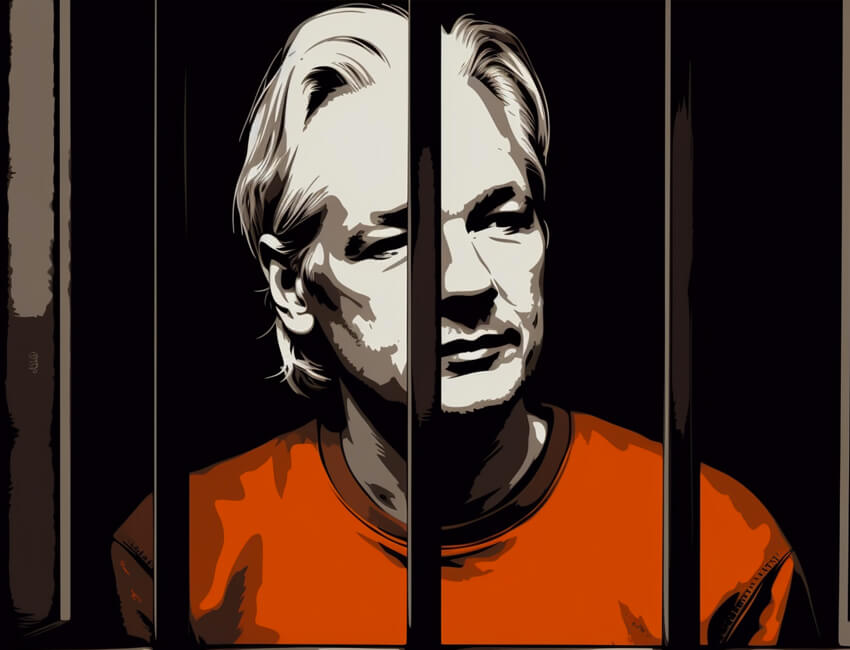
Julian Assange’s life took a dramatic turn in 2010 when he faced allegations of sexual misconduct in Sweden. Fearing extradition to the United States, he sought refuge in the Ecuadorian Embassy in London in 2012. For almost seven years, Assange remained confined to the embassy, while legal battles ensued over his possible extradition to Sweden or the United States. In April 2019, his asylum was revoked, leading to his arrest and subsequent imprisonment in the UK.
Since 2019, the story of Julian Assange has continued to unfold, marked by a series of legal battles, extradition challenges, and ongoing controversies. This article delves into the events that have transpired since that time, shedding light on the complex and protracted nature of Assange’s legal situation.
The Revocation of Asylum
In April 2019, Julian Assange’s asylum at the Ecuadorian Embassy in London was abruptly revoked, leading to his arrest by British authorities. This development marked a significant turning point in his years-long confinement and triggered a chain of legal proceedings that have garnered international attention.
Extradition Requests

Following his arrest, the United States swiftly issued an extradition request for Assange, charging him with multiple offenses, including violations of the Espionage Act. The case centered on WikiLeaks’ publication of classified documents, particularly those related to U.S. military operations. The extradition request set the stage for a contentious legal battle, raising crucial questions about press freedom, the role of whistleblowers, and the potential criminalization of journalistic activities.
Legal Proceedings and Health Concerns
Assange’s extradition hearings began in February 2020, with legal teams presenting arguments for and against his extradition to the United States. The proceedings were marked by intense debates regarding the scope of the charges, the impact on press freedom, and Assange’s mental and physical health. Concerns were raised about his well-being, with experts expressing apprehension about the detrimental effects of prolonged confinement on his mental state.
Court Rulings and Appeals
In January 2021, a UK judge ruled against the extradition of Assange to the United States, citing concerns over his mental health and the harsh conditions he would likely face in U.S. prisons. However, the U.S. government filed an appeal, contesting the ruling. As of the time of writing, the legal battle continues, with the potential for further appeals and an uncertain outcome.
International Reactions and Human Rights Concerns
Assange’s case has garnered widespread attention and sparked debates about the role of whistleblowers, the power of governments to control information, and the implications for press freedom. Human rights organizations, journalists, and advocates have expressed concerns about the precedent his extradition could set and the potential chilling effect on investigative journalism and the public’s right to know.
Ongoing Activism and Public Support
Throughout this period, Assange’s situation has galvanized a network of activists, journalists, and supporters who continue to advocate for his release and the protection of press freedom. Demonstrations, public campaigns, and legal efforts have sought to shed light on the complexities of his case and challenge the legality and ethics of his continued detention.
Julian Assange’s journey from a curious computer programmer to the founder of WikiLeaks has made an indelible mark on the world of journalism and activism. His commitment to transparency and challenging power structures has inspired a global conversation about the role of whistleblowers and the limits of government secrecy.
The ongoing controversies surrounding his detention and possible extradition continue to raise important questions about freedom of the press, government accountability, and the delicate balance between national security and the public’s right to know.
